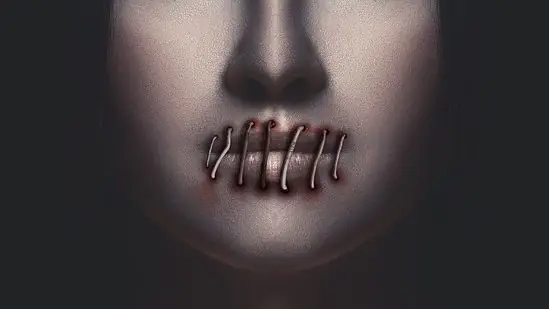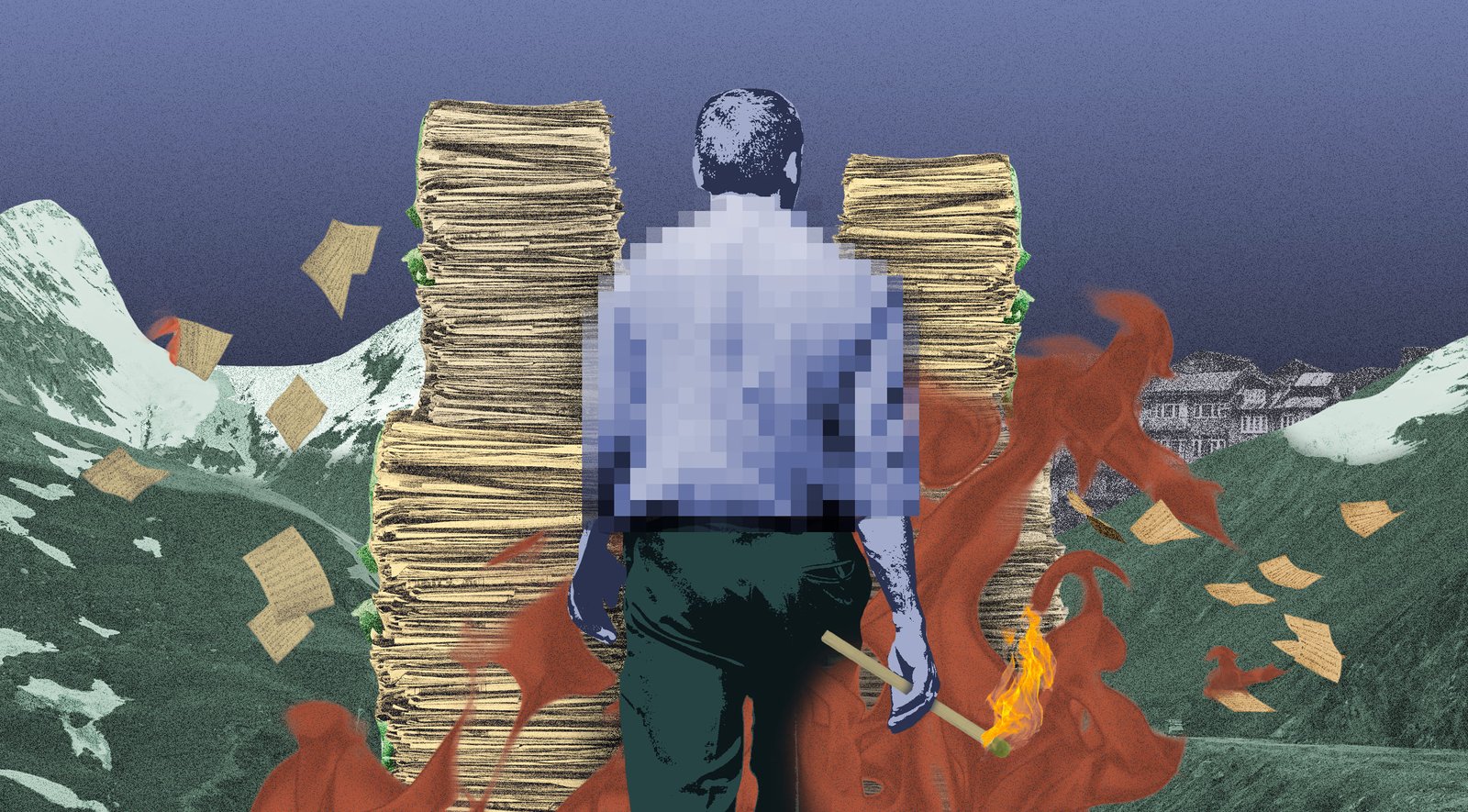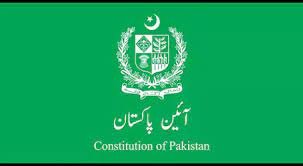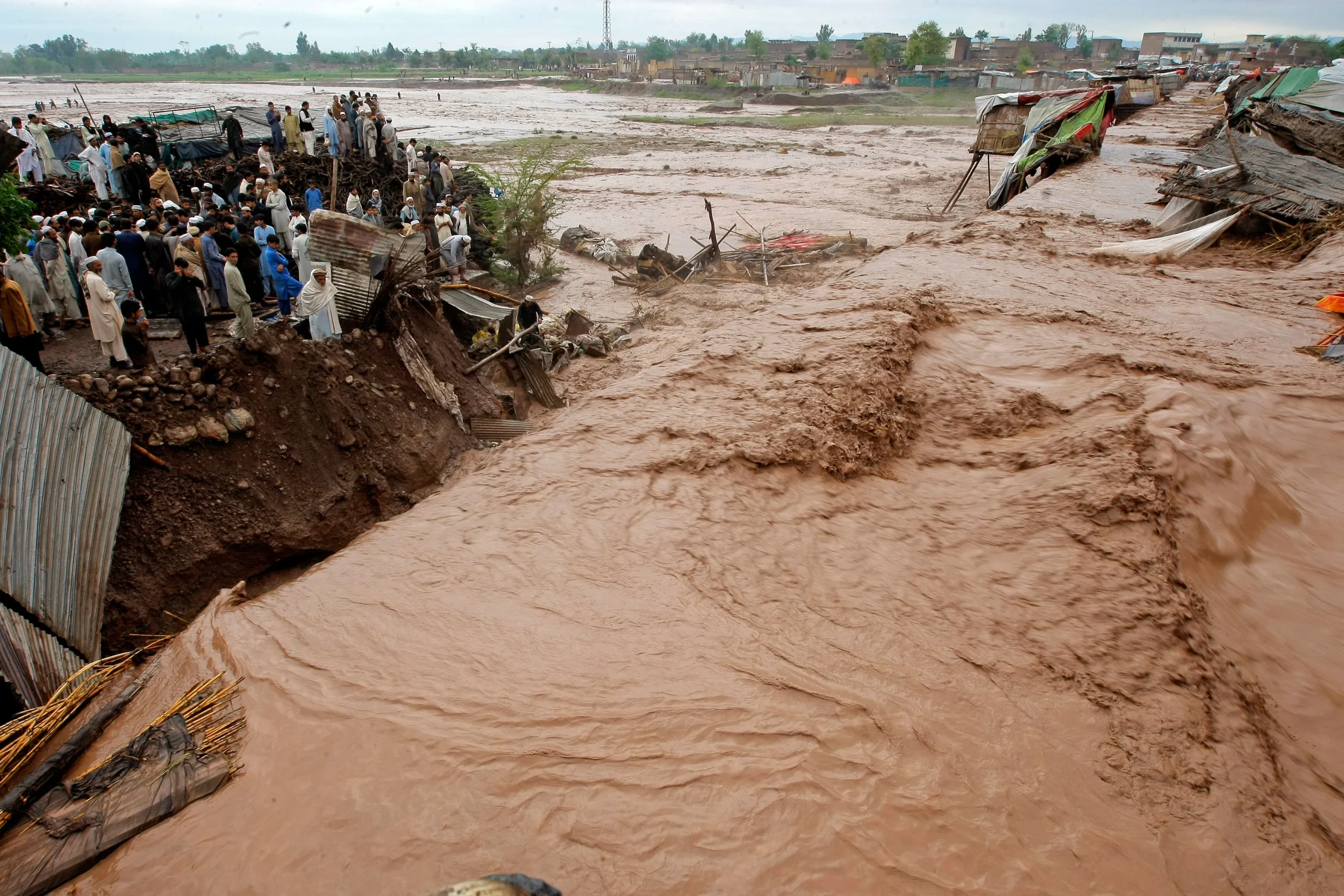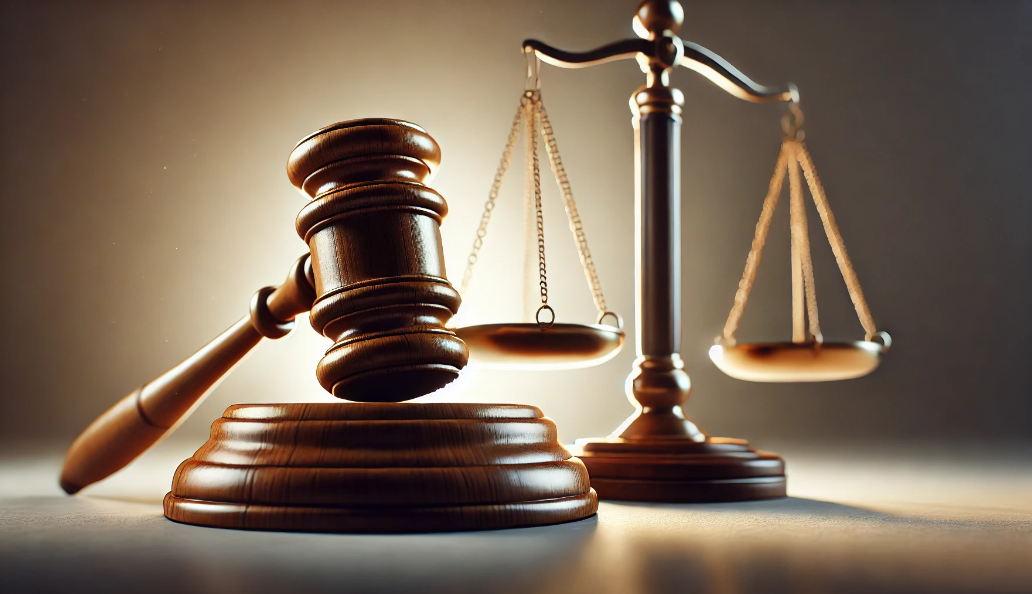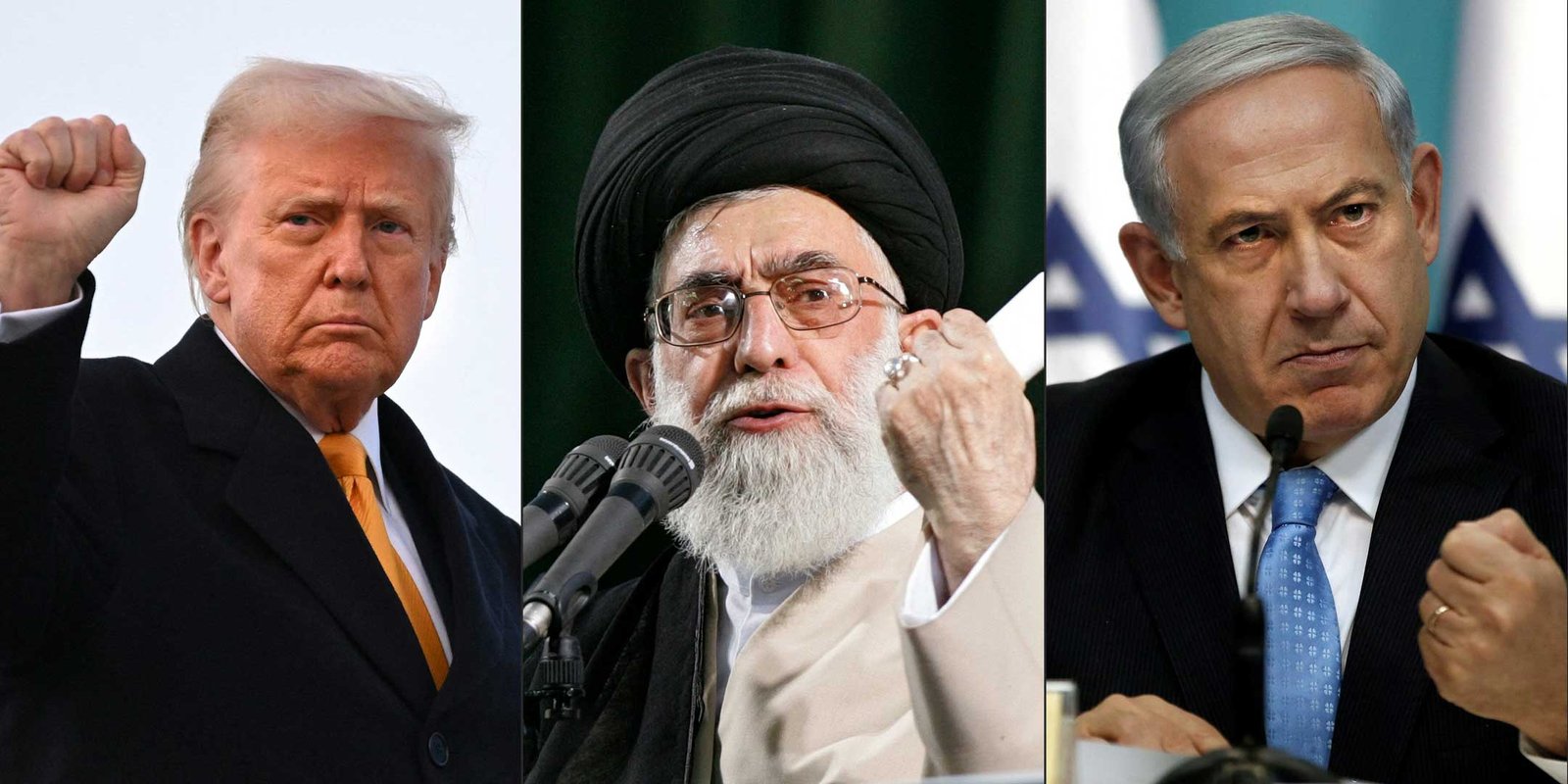EDITORIAL
The constitution of Pakistan guarantees all forms of fundamental rights. Even article 8 of the constitution provides that the state shall enforce no law repugnant to the substance of the fundamental rights. Articles 8 to 28 of the constitution cover the scheme of fundamental rights followed by the principles of policy which are the collective fundamental rights of the society. Article 19 of the constitution provides the freedom of free speech. It accentuates that freedom of speech is an inalienable right of a citizen. It reads as follows;
Freedom of speech, etc.
Every citizen shall have the right to freedom of speech and expression, and there shall be freedom of the press, subject to any reasonable restrictions imposed by law in the interest of the glory of Islam or the integrity, security or defence of Pakistan or any part thereof, friendly relations with foreign States, public order, decency or morality, or in relation to contempt of court, [commission of] or incitement to an offence.
However, freedom of speech is not unbridled. It is subject to the implications of sensitive issues such as the glory of Islam, defense, international relations, public order or morality. Then, courts have provided judgements interpreting the inalienable right of freedom of speech. Even the restrictions are not discretionary but strictly in line with the outcome of the sensitivities of the issues. It does not provide to curtail the freedom of speech. Hence, freedom of speech and expression is an inalienable human right. It is the most vital human right because it allows citizens to express and contest other rights. If a citizen is deprived of this right, how can he attain other human rights?https://republicpolicy.com/international-human-rights-day-and-human-rights-crises-in-pakistan/
What is freedom of speech? Freedom of speech is one of the core pillars of upholding the democratic process and protecting it is essential if we want to live in a fair and equal society. Failing to do so weakens democracy.
Every time you share a news story on your social media channel, attend a protest or write to your local politician about an issue you care about, this is free speech. Free speech exists when citizens can express their opinion, including views that are critical towards the government – without fearing negative consequences, such as imprisonment or receiving threats of violence. However, the definition of free speech only protects some kinds of speech. Like all fundamental rights, the right to freedom of expression is not absolute and can be subject to limitations, provided they have a legal basis. The regulations must meet two requirements. They are proportional – the regulations are no more substantial than needed to achieve their aim. Then, they are necessary and genuinely fulfil objectives in the interest of the general public or are needed to protect the rights and freedoms of others.
Therefore, someone who engages in criminalized forms of speech such as hate speech, terrorist content or child pornography cannot defend themselves by relying on their right to freedom of expression.
Freedom of speech is crucial for individuals and society. Free speech aims at digging out the truth for the betterment of society. It holds people accountable and represents the collective life of the people. It ensures the joint participation of the citizens. It is vital for human rights, including those of marginalized segments of society. It brings critical thought processes and provides innovation and creation. It is crucial for the intellectual and interrogative growth of a community. Hence, it gives poetic justice to the wits of individuals and society.https://republicpolicy.com/implementing-human-rights-in-pakistan-2/
Then, the inalienable right of free speech and expression faces multiple challenges from individuals, society and the state. Generally, the government is the fundamental challenge to freedom of speech. Most governments, including democratic ones, do not allow the flow of free speech—however, hybrid, autocratic and centric regimes fear opinion as the foremost challenge to their autocracy. Governments use restrictive legal reforms, crowd control by police or exceptional emergency measures to curb freedom of expression. Politicians and influential figures who fear journalists will expose their corrupt behaviour resort to dirty, extra-legal tactics to silence them. Common strategies include legal harassment through strategic lawsuits or smear campaigns to discredit the citizens who exercise free speech. Whistleblowers have faced devastating personal consequences for shedding light on activities against the public’s interest, such as corruption, illegal activities or malpractice. Journalists and civil rights defenders are also increasingly in danger of verbal or physical violence, including by police.
Hate speech or online trolling can produce a contentious digital environment which demoralizes women and marginalized people from participating in online social debates. Nonetheless, well-intentioned endeavours to tackle this issue can inadvertently create the same silencing effects. When freedom of speech is under attack, it sends the message that telling the truth can put you in danger. The ambiguity that exists around what is acceptable or not leads people to tread with caution and care. Hence, this situation affects the flow of freedom of speech and expression.
However, it is essential to safeguard the freedom of speech and expression. It is crucial for the development of society. It requires a consensus of the citizens that they will not only protect their freedom of speech and expression but also resist all those who control the flow of speech and expression. In order to safeguard free speech, there should be laws in place which protect individuals and organizations who are threatened for exposing the corruption or unethical behavior of influential people. Journalists, watchdogs, activists and whistleblowers should be given robust legal protection which enables them to carry out their work safely and shields them from retaliation from those seeking to silence them. Hence, judicial protection is the most effective implementation for ensuring this fundamental right.https://republicpolicy.com/do-you-know-your-fundamental-rights/
In Pakistan, there are limitations on the freedom of expression despite constitutional guarantees. Multiple factors and actors are contributing to the current state of affairs concerning freedom of expression. Primarily it is restricted through tactics that incorporate censorship, biased legislation, and harassment/killing of journalists/ human rights activists and others who voice their opinions. Other tactics are crackdown on religious minorities and suppressing free thought and religious sentiments. Ironically, freedom of speech is suppressed by the state and society in Pakistan. Though laws are essential in governing the freedom to express oneself, it also allows room for impunity to the powerful violators while punishing the peaceful segment of society. The rendition of the law ought to be neutral and fair.
On the one hand, the state bodies must abide by the rules, and on the other, they must be addressed by public condemnation and social responses. Moreover, since freedom of expression is a fundamental human right, it should be exercised with its entire spirit. Freedom of speech and expression is a commonwealth of all citizens and society. Individuals and collective segments of society must enjoy the freedom of expression and resist all those influential factors involved in violating this fundamental human right. Although it is a challenging proposition for the citizens, there is no other way out.https://republicpolicy.com/article-9-of-the-constitution-provides-security-of-person-however-it-remains-only-in-the-book/



